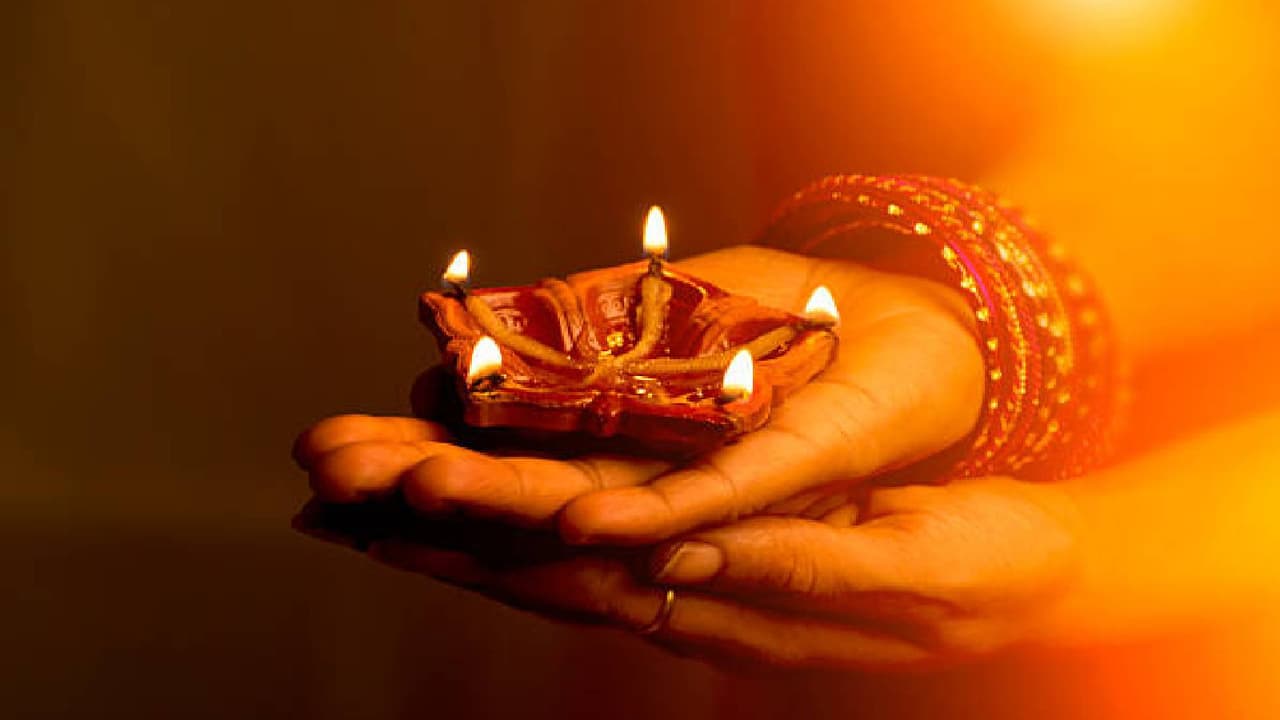Diwali 2025, the Festival of Lights, symbolizes the victory of good over evil and light over darkness. Celebrated with diyas, sweets, and prayers, it unites families in joy, gratitude, and spiritual renewal across India.
Diwali or Deepavali is perhaps one of the most popular and spiritually important festivals celebrated solely in India. It signifies the triumph of light over darkness and of good over evil; Diwali 2025 will be celebrated around the world with grandeur, devotion, and togetherness. This festival is a genuinely Indian-acclaimed part of culture- it unites people together through lights, sweets, prayers, and love.
Diwali 2025: Significance
Diwali itself in naive terms represents hope, renewal, and the victory of righteousness. For its part, it springs from ancient mythology, but the festival can be attached to different legends across the regions of India. In northern India, Diwali celebrates Lord Rama’s return to Ayodhya after being out of his kingdom for 14 years and defeating the demon king, Ravana.
In south India, it commemorates Lord Krishna’s victory against Narakasura that symbolizes the downfall of evil. For Jains, Diwali marks the day of Lord Mahavira to attain Nirvana, while for Sikhs, it is the day celebrated as Bandi Chhor Divas since he was the one who released Guru Hargobind Sahib from imprisonment. Dissimilar origins didn’t alter the fact that at heart, Diwali celebrates the victory of light, truth, and knowledge against the ignorance.
Five Days of the Diwali Festival
Diwali is not just one single day of celebration, it is an array of five joyous days, each with its own significance:
Dhanteras: The first day of Diwali. It’s when people buy gold, silver, and utensils symbolizing wealth and luck.
Naraka Chaturdashi (Chhoti Diwali): It has that significance of the victory over evil and purification. It is associated with the win of Lord Krishna on Narakasura.
Lakshmi Puja (The Most Important Day of Diwali): Households place diyas, rangoli, and lights to prepare for the coming of Goddess Lakshmi, deity of wealth and prosperity, as they offer prayers to their god and exchange sweets before coming together for celebratory meals.
Govardhan Puja: Its dedication is for Lord Krishna, especially regard this day in thanksgiving to nature for the protection it affords one.
Bhai Dooj: The last one for the brothers and sisters by establishing bhaiya duj as Raksha bandhan but goes by its traditions.
Regular Practices and Celebrations
The house is cleaned, decluttered, and decorated weeks ahead of the festival to usher in prosperity and abundance. Lighting diyas signifies the dispelling of negativity, while the designs of rangoli add color and charm to the entrances of homes. Families gather for pujas, exchange gifts, and share sweets such as laddoos, barfis, and gujiyas. Fireworks light up the night sky, creating a spectacular sight that radiate joy and unity.
Also, traditional celebrations are going eco-friendly, with many people going for earthen diyas, organic colors, and minimal firecrackers to protect the environment.
The Real Reason behind Why Diwali is Celebrated
All those myths and rituals aside, this is actually about inner illumination. The purpose of encouraging man to achieve this is to clear the dark spaces in the mind to rid it of negativity, ego, and hatred while replacing it with kindness, truth, and compassion. This is the festival of the reminder that light will always overcome, both in oneself and even around.
